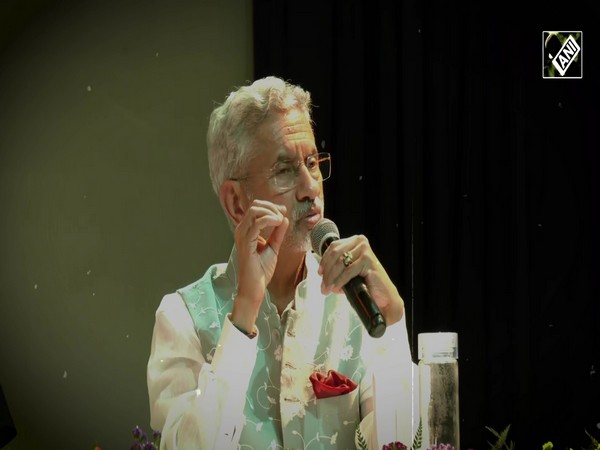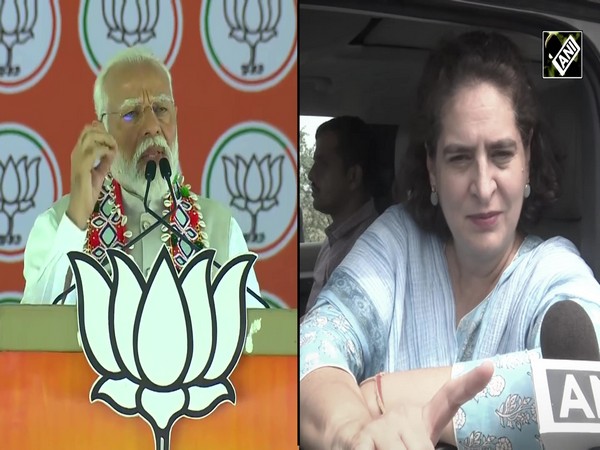Lithuania opts out of China's 17+1 bloc in Eastern Europe
May 22, 2021

Vilnius [Lithuania], May 23 : Lithuania has pulled out of China's 17+1 cooperation forum with central and eastern European states, a move that demonstrates its rising concerns and dissatisfaction with Beijing.
"There is no such thing as 17+1 anymore as for practical purposes Lithuania is out," Foreign Minister Gabrielius Landsbergis told POLITICO in an email, referring to Beijing's initiative to engage Central and Eastern European countries.
"From our perspective, it is high time for the EU to move from a dividing 16+1 format to a more uniting and therefore much more efficient 27+1," Landsbergis said.
The Foreign Minister has even urged other EU member countries to follow suit amid worsening ties between the 27-member bloc and China.
The ninth summit between China and the Central and Eastern European countries slated to be held in the first half of 2020 was postponed indefinitely due to the COVID-19 pandemic.
This comes after the Lithuanian parliament on Thursday became the latest to describe China's treatment of its Uyghur minority as "genocide", voting to call for a UN probe of the internment camps in the country's northwest region of Xinjiang.
Lithuania's move is the latest indication of the deteriorating ties between the European Union and China, South China Morning Post (SCMP) reported.
Meanwhile, Members of the European Parliament on Thursday voted to freeze the legislative process for ratifying the EU's investment pact with China, until Beijing lifts sanctions against EU lawmakers, in retaliation for the condemnation of human rights abuses in Xinjiang province.
China had responded by saying that EU states "disregarded facts" on the human rights issue in Xinjiang after the European Parliament froze the legislative process for ratifying the investment pact with Beijing, in response to sanctions against EU lawmakers.
Chinese Foreign Ministry spokesperson Zhao Lijian on Friday had defended the sanctions against the EU members, saying that it was a "legitimate reaction" to the EU's moves of imposing sanctions on Beijing.



















